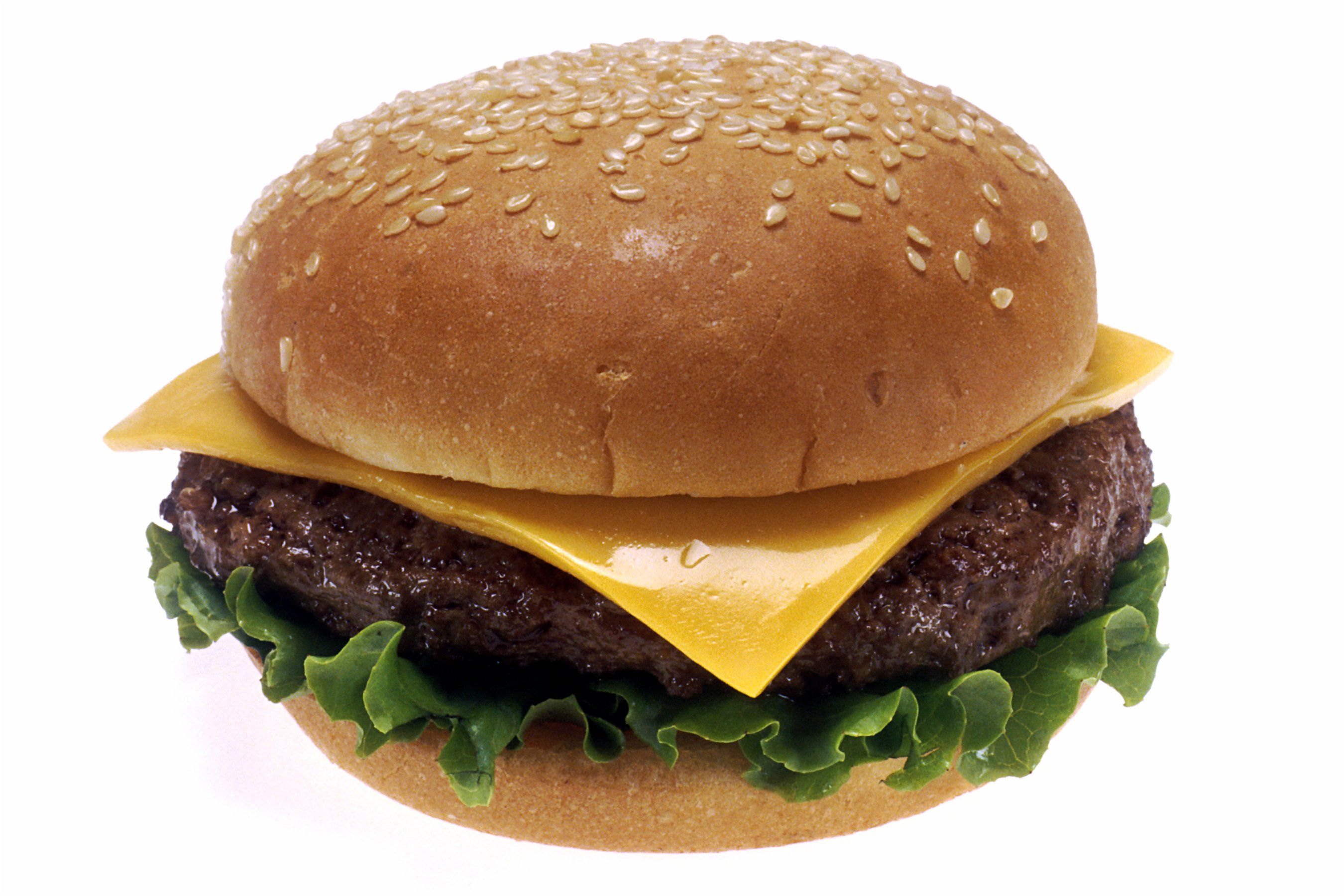But I continue to consume meat. For me, it is a natural and healthy food if sourced responsibly and consumed in moderation. Julia, my wife, has gone 2/3 vegan with her "Vegan Until 6" lifestyle. But she's still an omnivore at supper.
What we try to do is to choose locally-, small-scale-, and naturally-farmed meat whenever possible. This is more effort, requiring visiting open-air markets and farm gates, and it is certainly more expensive. But I've come to decide that that's a good thing. It makes us value it more.
It also makes us think about the animals we eat. Julia's grampie used to raise cattle in New Brunswick. (Her uncle there still does.) Family farmers who have small herds really get to know their livestock. They love them. But when the time comes to slaughter, they do it, because farmers' pragmatism overrules their sentimentality. (Despite the fact that they tend to have a lot of both!)
We're raising our son as an omnivore, and he's a child who is not afraid to feed clover to a cow one year, and have it as a hamburger the next. We are fortunate enough, here in Ottawa, to be able to visit the Canada Agricultural Museum whenever we want. He gets to see, touch (and smell!) the creatures that make up his hamburgers, hotdogs, and chicken sandwiches. I like to think it teaches him to respect them.
And "respect" of the animals we eat, in the Noble Savage myth we all imagine where the hunter-gatherer's life is a shared journey with his prey, is what I'd like to see more of. But how?
Well, here's a crazy idea: What if we purposely made meat more expensive?
Imagine if our agricultural standards and regulations cracked down on the many industrialized practices that keep meat cheap: confined animals, medicated feed, growth hormones, feedlots and factory slaughterhouses. Imagine if livestock had to be raised the old fashioned way: pastured, slaughtered and butchered by many small businesses.
Gone are the mass meat recalls (since small-scale meat packing limits spread of contaminants). Gone are the disgusting massive pig, chicken and beef operations. Back are the entrepreneurial family farms.
Could it work? If hamburger were $10 a pound, would you eat less of it? Would you really value the taste of a well-prepared burger?
And in case you're rushing to the comments thread to tell me what an elitist prick I am, I know what the gaping holes in this idea are.
First off, rising food prices are causing unrest worldwide. Why would we want to make it worse? Economically vulnerable people already struggle to feed themselves. And as easy it is to suggest that they learn to cook and eat beans and rice — like the rest of the world — and minimize meat. But there would have to be a major social change for people to adapt to that. Cooking is not a skill that is in the toolkit of many of Canada's urban poor, and people are used to feeding themselves on McDonald's for cheap.
Secondly, my Libertarian friends are experiencing fits of outrage at the idea that the government should force the change. I understand that. But don't worry — the industrial food lobbyists would never let it happen anyway.
No, the only way to really do this is with consumer power. Making individual choices about how our food gets from gate-to-plate that allow us to enjoy that bacon sandwich with full responsibility and little guilt.
And it is elitist. The stuff is expensive. I really do pay $10/pound for my hamburger to get naturally-raised, dry-aged, local beef from Aubrey's Butcher Shop.
Here is their pitch:
From “Field-to-fork”..... this traditional butcher shop prides itself on its extensive knowledge of the meats and the farms they come from. It begins with a time honoured history of providing the highest quality products from dependable local sources … that means Farmers, not factories. Some of the relationships with farmers and suppliers extend back over 40 years. Meats are prepared and cut by true butchers trained on site. This ensures that all products meet Aubrey’s high standards and more importantly, exceed the customer’s expectations. In short, at Aubrey's, you will get exactly what you want cut skillfully to suit.
It tastes much, much better. And while I end up making burgers less often, I really put care into preparing them because that meat is valuable stuff.
In short, it's a luxury. Just as meat was a luxury food for our ancestors, from the early modern period right back to the hunting and gathering days. Meat was not to be taken for granted.
So my question to all my omnivorous friends is, are you willing to pay more for less meat? And to all of you: do you think it will make a difference?
Or am I just a smug food snob idealist?
Or am I just a smug food snob idealist?




Absolutely right. It would also be good to see electricity and gasoline 5-10x more expensive than thy are now.
ReplyDeleteWere I not a strictly-budgeted single parent, I'd totally be on board with this.
ReplyDeleteSorry, to clarify.. I AM on board with this kind of thinking and were I not on a strict budget I'd probably try to adhere to it. If food were more expensive we'd probably be less inclined to waste so much of it as well.
ReplyDeleteIt's funny.. there's a lot of praise for the green bin program as it redirects a lot of waste out of landfills.. but really? When you think of it... how many people are FILLING their green bins by throwing away food that may have been otherwise edible?